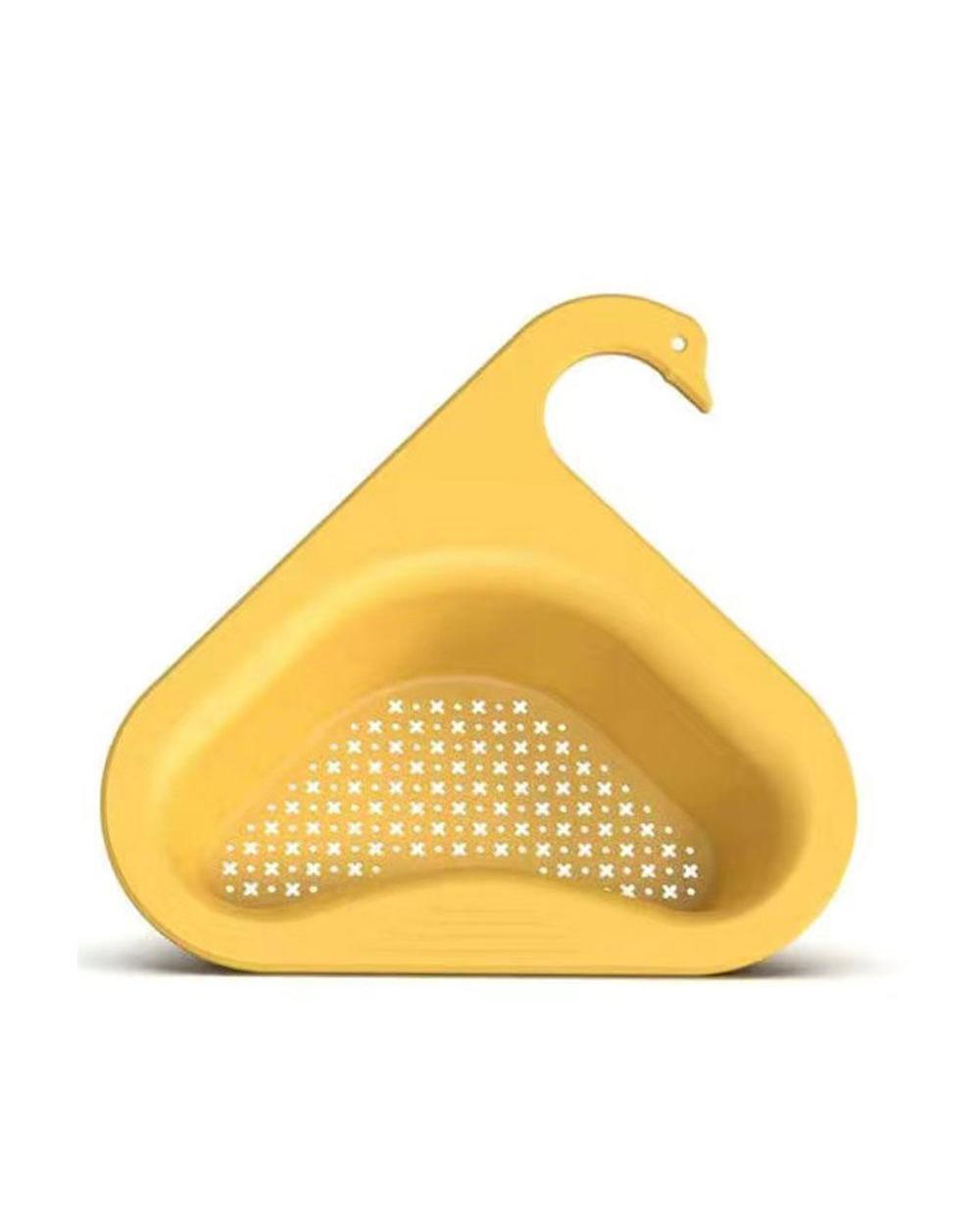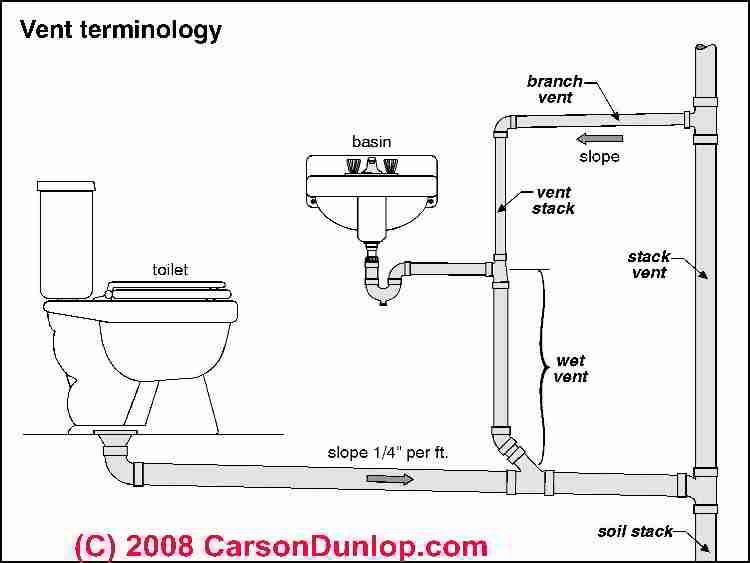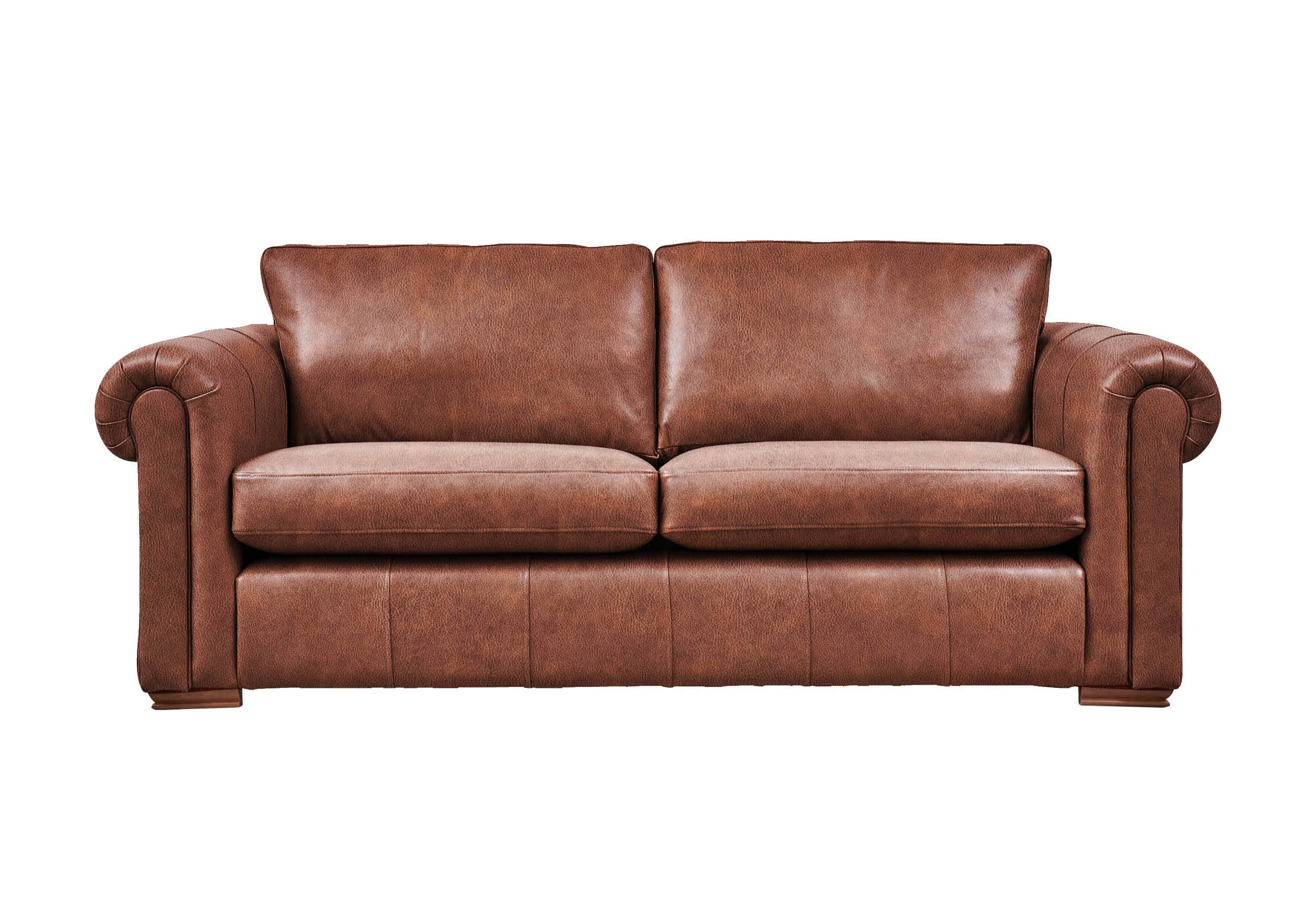If you've ever noticed a gurgling sound coming from your kitchen sink drain or slow drainage, you may be wondering if you need to vent your kitchen sink drain. The short answer is yes, you do need to vent your kitchen sink drain. Venting is an essential part of your plumbing system and can prevent a host of problems. In this article, we'll explore the importance of venting your kitchen sink drain and how to do it properly.Do I Need to Vent My Kitchen Sink Drain?
Venting a kitchen sink drain involves creating an opening in the plumbing system that allows air to flow in and out. The most common way to do this is by installing a vent pipe next to the kitchen sink drain. This pipe connects to the main vent stack, which leads to the roof of your home. The vent stack allows air to escape outside, preventing air pressure buildup and allowing for proper drainage.How to Vent a Kitchen Sink Drain
Properly venting your kitchen sink drain is crucial for several reasons. First and foremost, it prevents a vacuum from forming in the pipes. If there is no vent, the wastewater cannot flow freely and can create a suction effect, causing the water to drain slowly or not at all. Venting also helps to remove unpleasant odors and gases that can build up in the pipes, improving the overall air quality of your home.Importance of Venting a Kitchen Sink Drain
Not venting your kitchen sink drain can lead to several problems. The most obvious is slow drainage or a complete blockage, which can be frustrating and unsanitary. Additionally, without proper ventilation, wastewater may not be able to flow freely, causing it to back up into your sink or even into other fixtures in your home. This can result in unpleasant odors and potential health hazards.Common Problems with Unvented Kitchen Sink Drains
If you're unsure whether your kitchen sink drain is vented, there are a few ways to check. The first is to look for a vent pipe next to your kitchen sink drain. If you see a pipe coming up from the drain and connecting to the main vent stack, then your kitchen sink drain is likely vented. Another way to tell is to run water down the drain and listen for any gurgling sounds. If you hear gurgling, it could be a sign that there is no vent, and you may need to install one.How to Tell if Your Kitchen Sink Drain is Vented
There are several types of kitchen sink drain vents, including under-sink vents, air admittance valves, and island vents. Under-sink vents are the most common and are installed directly under the sink. They are easy to install and require minimal plumbing work. Air admittance valves are another option and are typically used in situations where installing a vent pipe is not possible. These valves open to allow air to escape and close to prevent odors from entering your home. Island vents are used for kitchen islands without access to a main vent stack and are installed within the island itself.Types of Kitchen Sink Drain Vents
If you need to install a vent for your kitchen sink drain, it's best to hire a licensed plumber to ensure it's done correctly. However, if you're experienced with plumbing, you can install a vent yourself. The process involves cutting a hole in the wall or cabinet next to the sink, connecting the vent pipe to the main vent stack, and securing it in place. It's essential to follow local building codes and regulations when installing a vent.How to Install a Vent for Your Kitchen Sink Drain
Venting your kitchen sink drain has several benefits, including preventing blockages, improving drainage, and eliminating unpleasant odors. Additionally, proper venting can prolong the lifespan of your plumbing system and save you from costly repairs in the long run.Benefits of Venting Your Kitchen Sink Drain
While installing a vent for your kitchen sink drain may seem like a simple task, it's always best to consult a professional plumber. They have the experience and knowledge to ensure the job is done correctly and according to local building codes. Additionally, if you're experiencing any issues with your kitchen sink drain, such as slow drainage or unpleasant odors, it's best to call a professional plumber to assess the situation and determine if venting is necessary.When to Call a Professional for Kitchen Sink Drain Venting
To ensure your kitchen sink drain remains properly vented, there are a few things you can do. First, make sure to keep the vent pipe free from any blockages, such as debris or ice. Additionally, avoid pouring any grease or oil down the drain, as these can build up and clog the vent. It's also a good idea to have your plumbing system regularly inspected by a professional plumber to catch any potential issues before they become major problems. In conclusion, venting your kitchen sink drain is an essential part of your plumbing system. It prevents blockages, improves drainage, and eliminates unpleasant odors. If you're unsure if your kitchen sink drain is properly vented, consult a professional plumber for a proper inspection and installation if necessary. Taking care of your plumbing system will save you time, money, and headaches in the long run.Tips for Maintaining a Properly Vented Kitchen Sink Drain
Why Venting Your Kitchen Sink Drain is Essential for a Properly Functioning Home
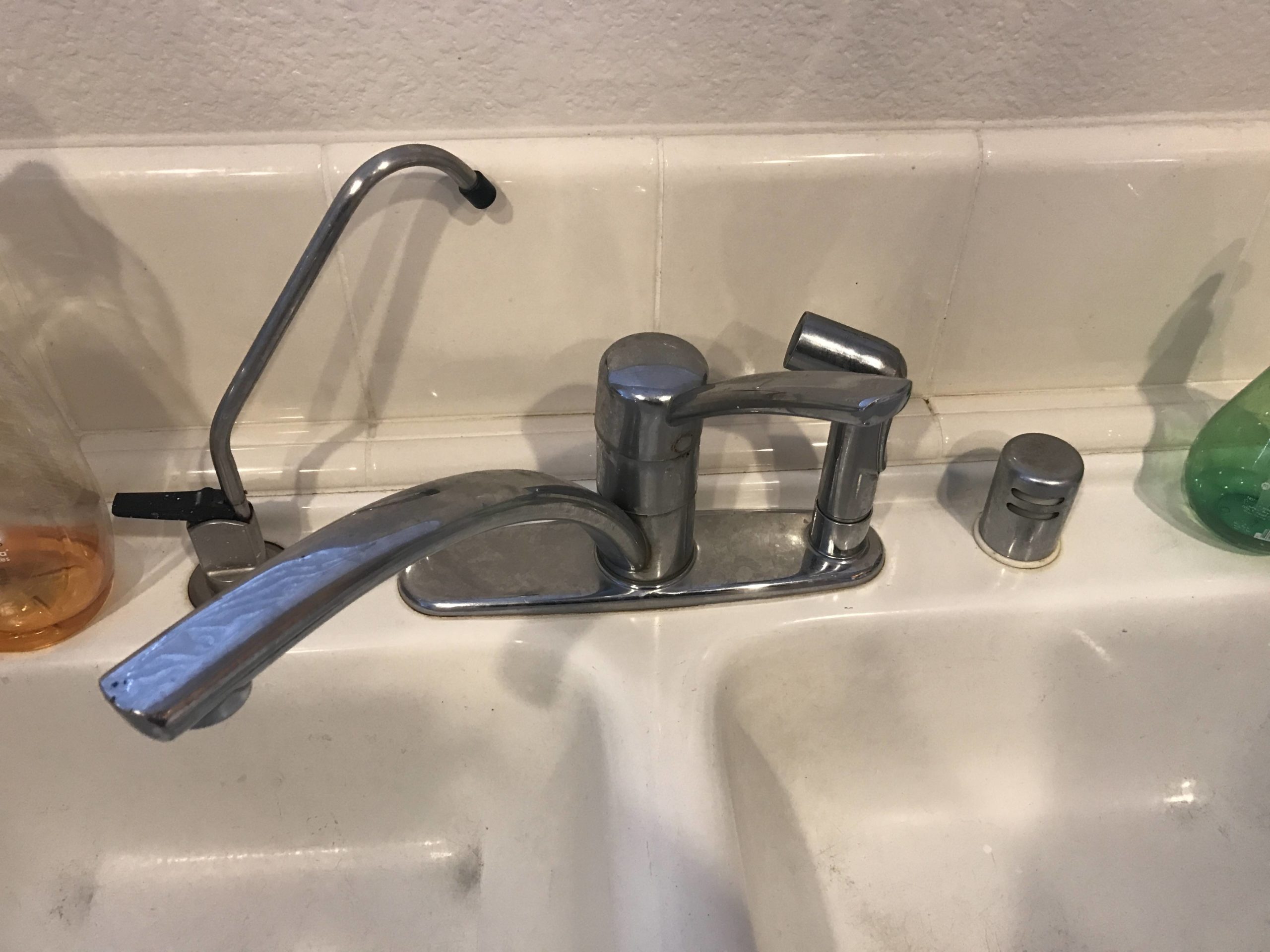
When it comes to designing a home, there are many factors to consider. From the layout to the color scheme, every decision plays a role in creating a functional and aesthetically pleasing space. One aspect that often gets overlooked is the venting of the kitchen sink drain. Many homeowners may wonder, "Do I really need to vent my kitchen sink drain?" The answer is a resounding yes. Venting your kitchen sink drain is an essential component of a well-designed home.
The Purpose of Venting a Kitchen Sink Drain
First, let's define what venting a kitchen sink drain means. Venting refers to the installation of a pipe that allows air to enter and exit the plumbing system. In the case of a kitchen sink drain, this pipe is typically connected to the drain line and extends upwards, allowing air to flow into the system. The purpose of this venting is to equalize the air pressure in the pipes, preventing any suction or pressure buildup that can lead to clogs, slow drainage, and unpleasant odors.
The Consequences of Not Venting Your Kitchen Sink Drain

Without proper venting, your kitchen sink drain can face a variety of issues. One common problem is slow drainage, which can be frustrating and inconvenient. This is because without proper ventilation, the water flowing down the drain creates suction, making it difficult for the water to flow freely. This can also lead to clogs, which can be not only annoying but also costly to fix.
Another consequence of not venting your kitchen sink drain is the potential for unpleasant odors. As water flows down the drain, it creates a seal that traps sewer gases from entering your home. However, without proper ventilation, these gases can escape through the drain, causing foul smells in your kitchen. In addition to being unpleasant, these gases can also be harmful to your health.
The Importance of Professional Installation

While it may seem like a simple task, installing a kitchen sink drain vent is best left to the professionals. A professional plumber will know how to properly install the vent and ensure it is connected to the main plumbing system in a way that promotes proper air flow. They will also be able to assess and identify any potential issues with the current plumbing system that may be causing problems with the drain.
In conclusion, venting your kitchen sink drain is a crucial aspect of a well-designed home. It not only prevents common issues such as slow drainage and unpleasant odors but also promotes the overall health and safety of your household. Be sure to consult a professional plumber to ensure proper installation and maintenance of your kitchen sink drain vent.
Don't neglect the importance of venting your kitchen sink drain for a smoothly functioning and pleasant home environment.

:max_bytes(150000):strip_icc()/venting-sink-diagram-f8f9759a-1047c08369d24101b00c8340ba048950.jpg)


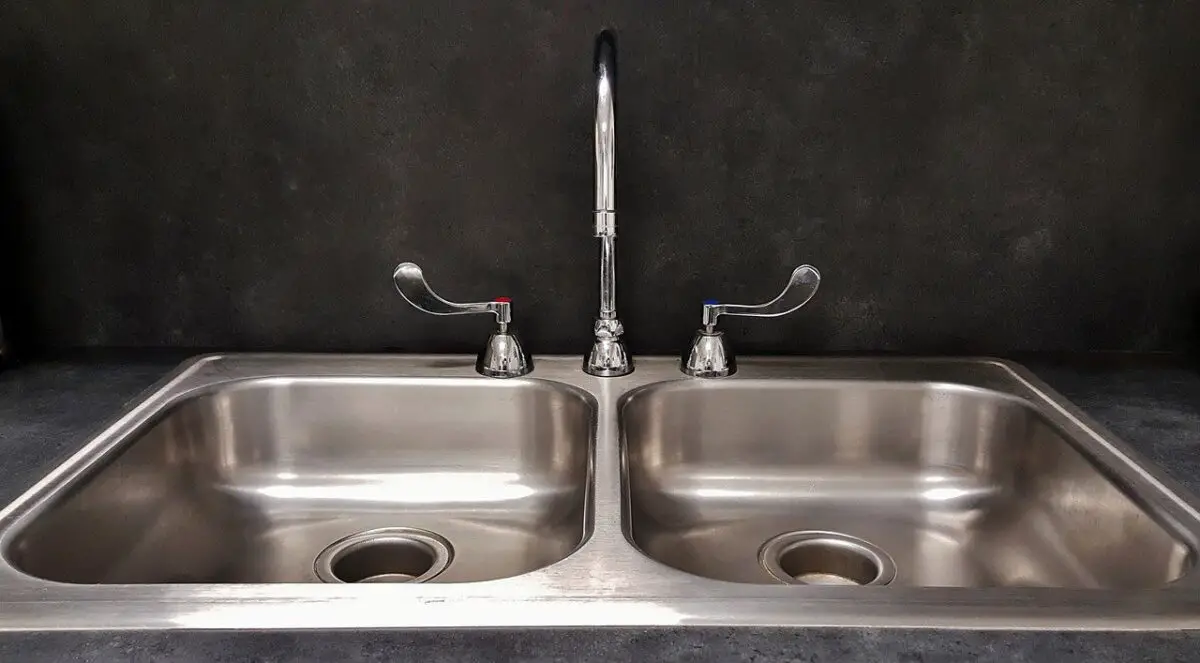







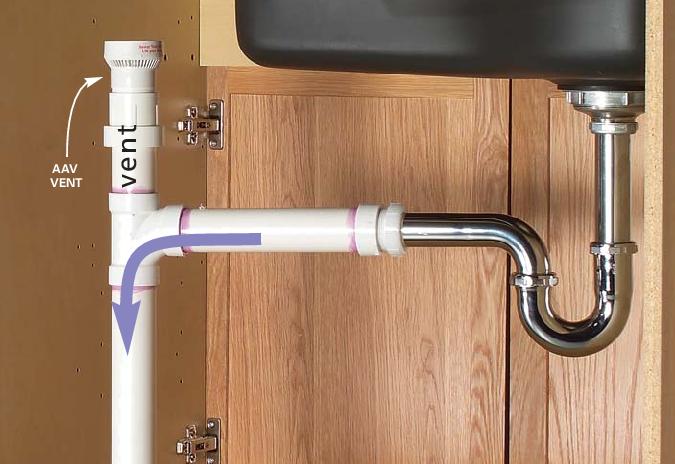

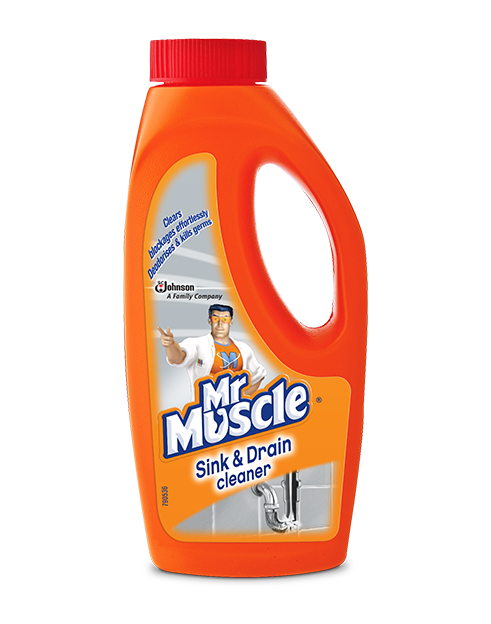
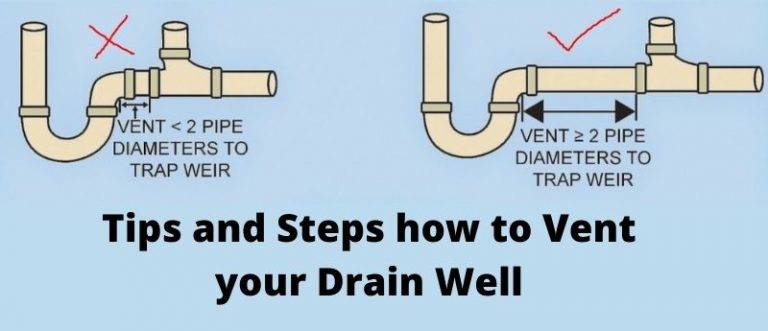









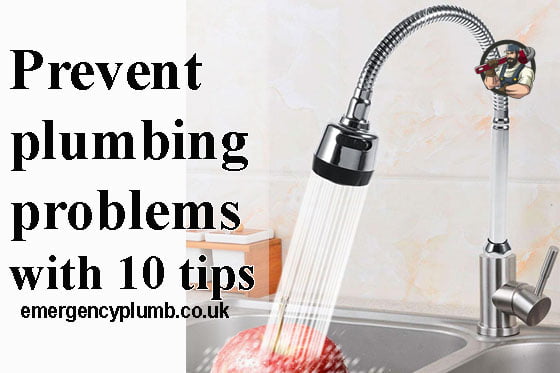
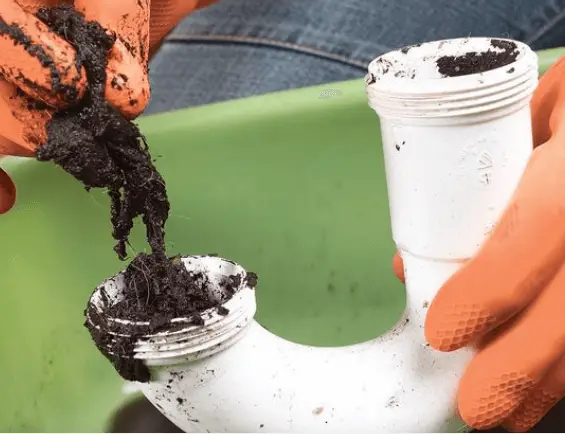








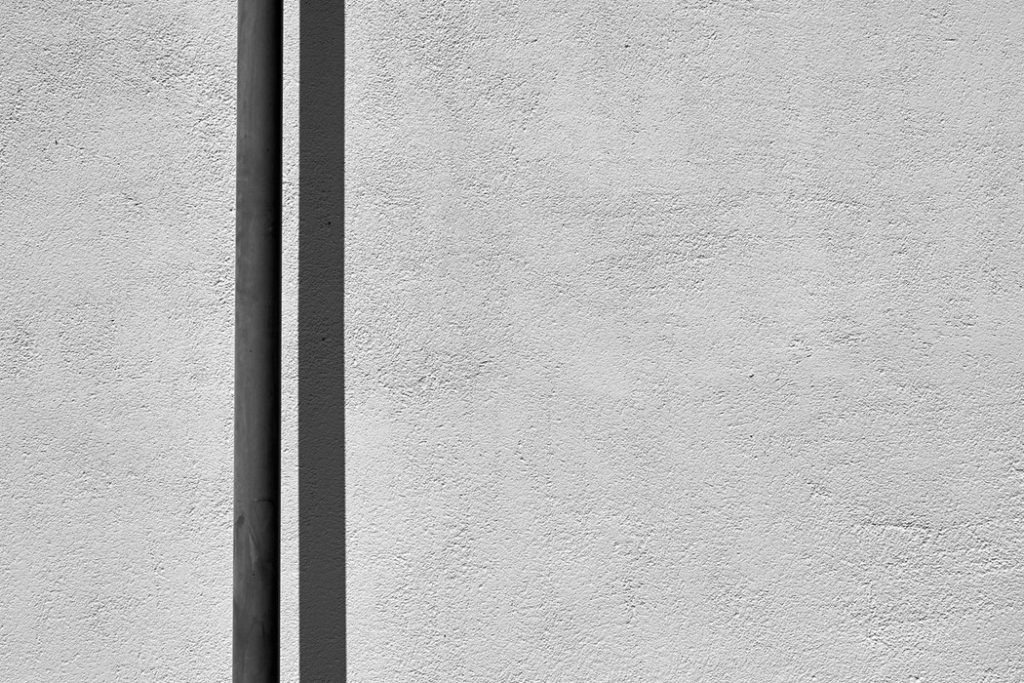
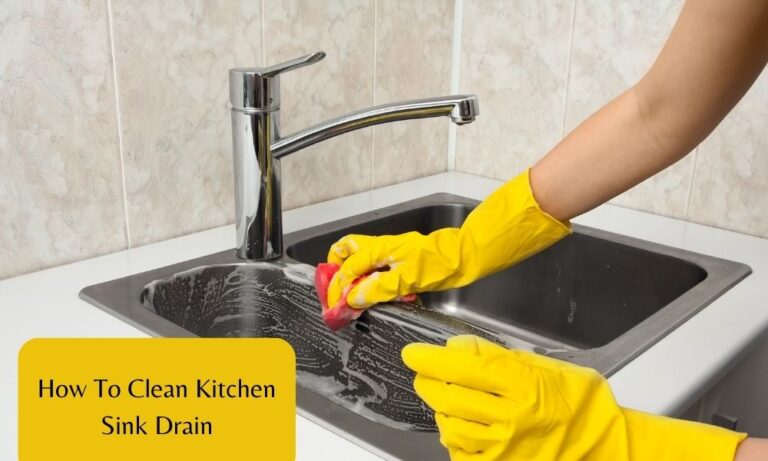

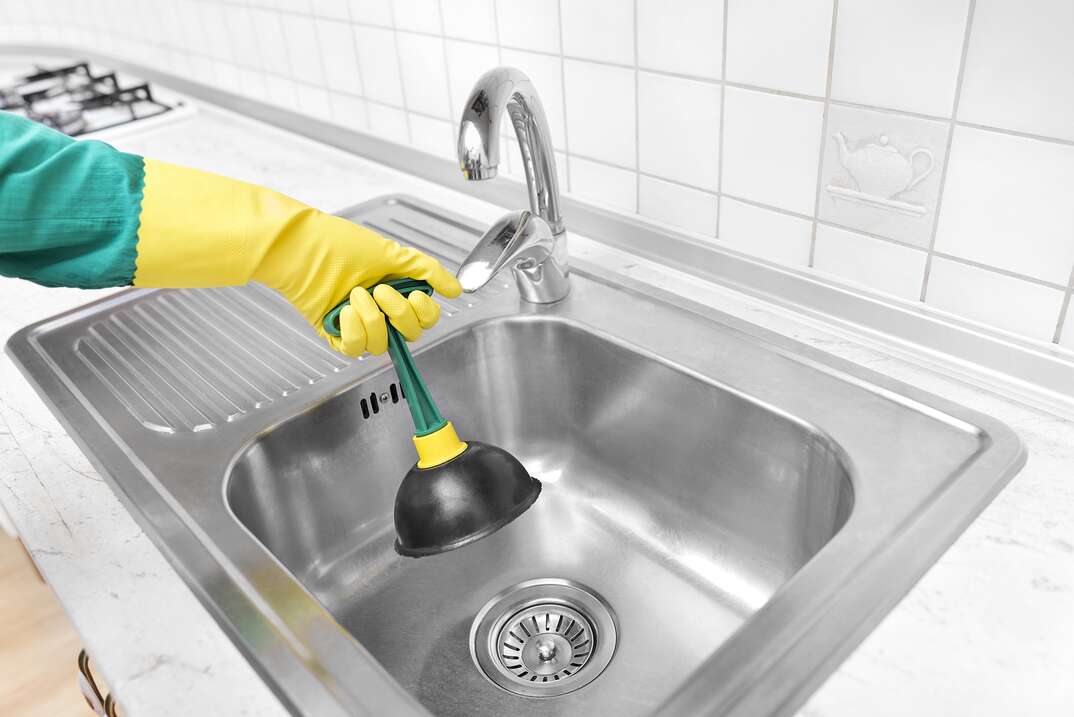
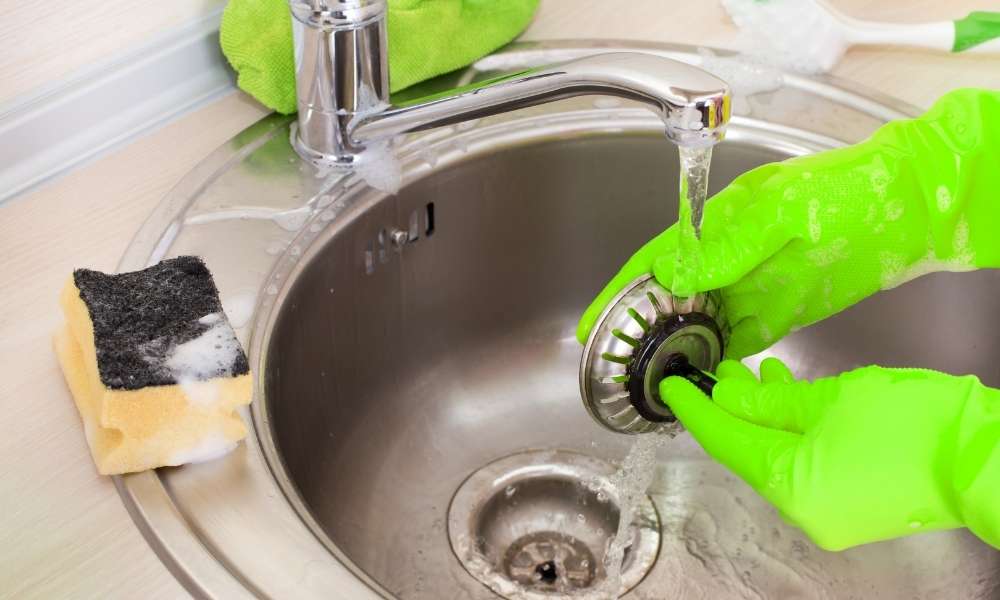
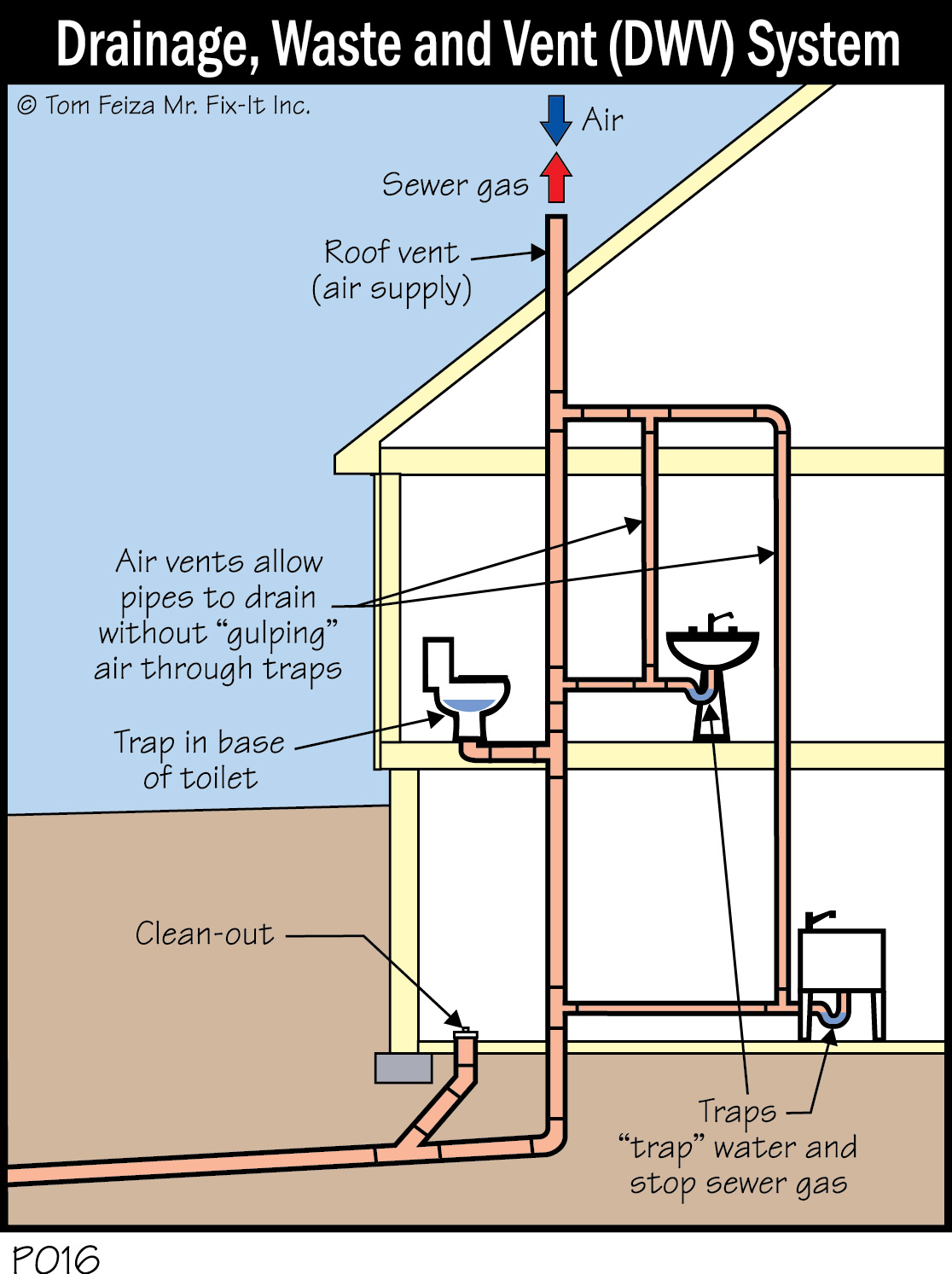


:max_bytes(150000):strip_icc()/how-to-install-a-sink-drain-2718789-hero-24e898006ed94c9593a2a268b57989a3.jpg)


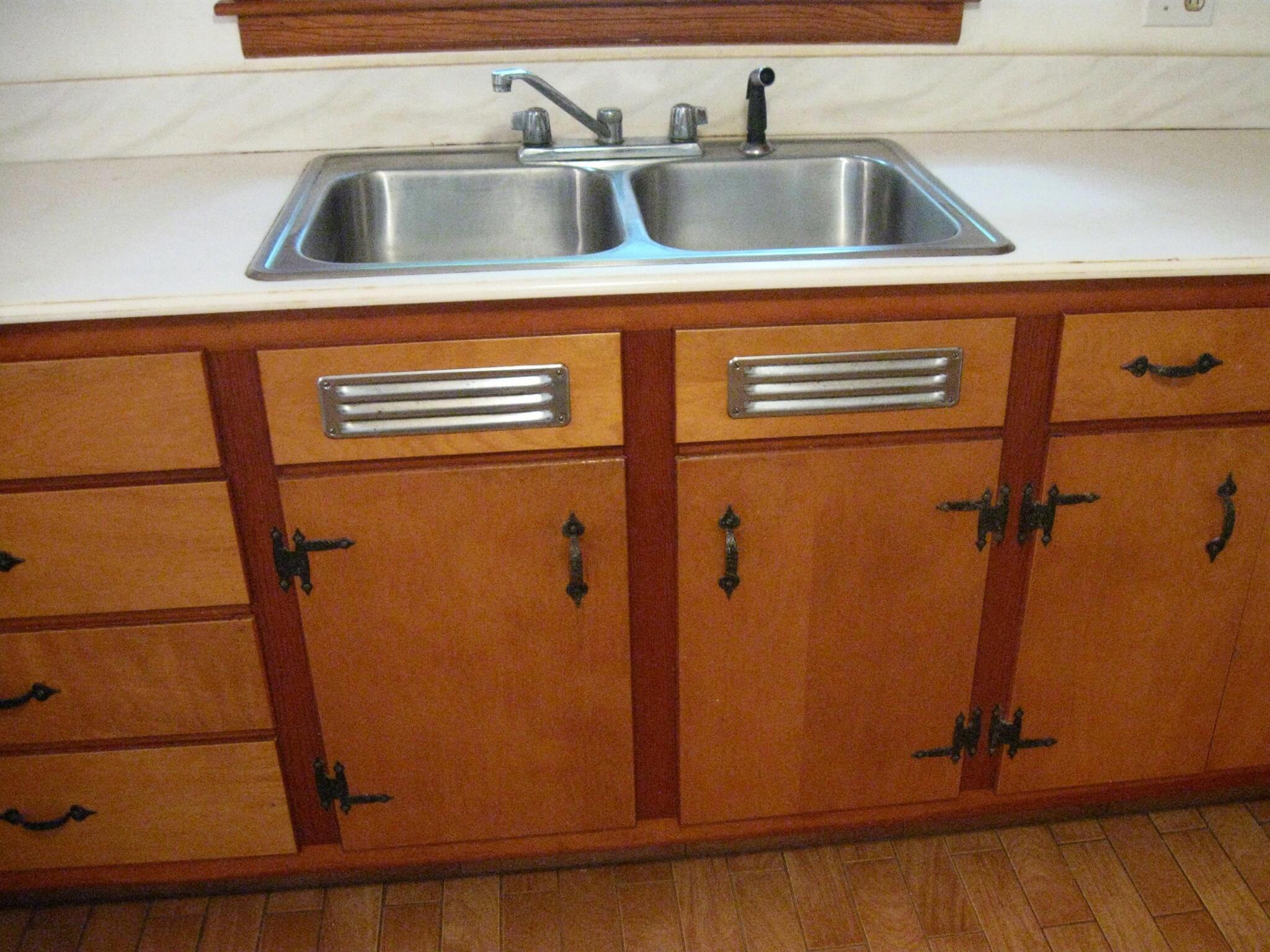

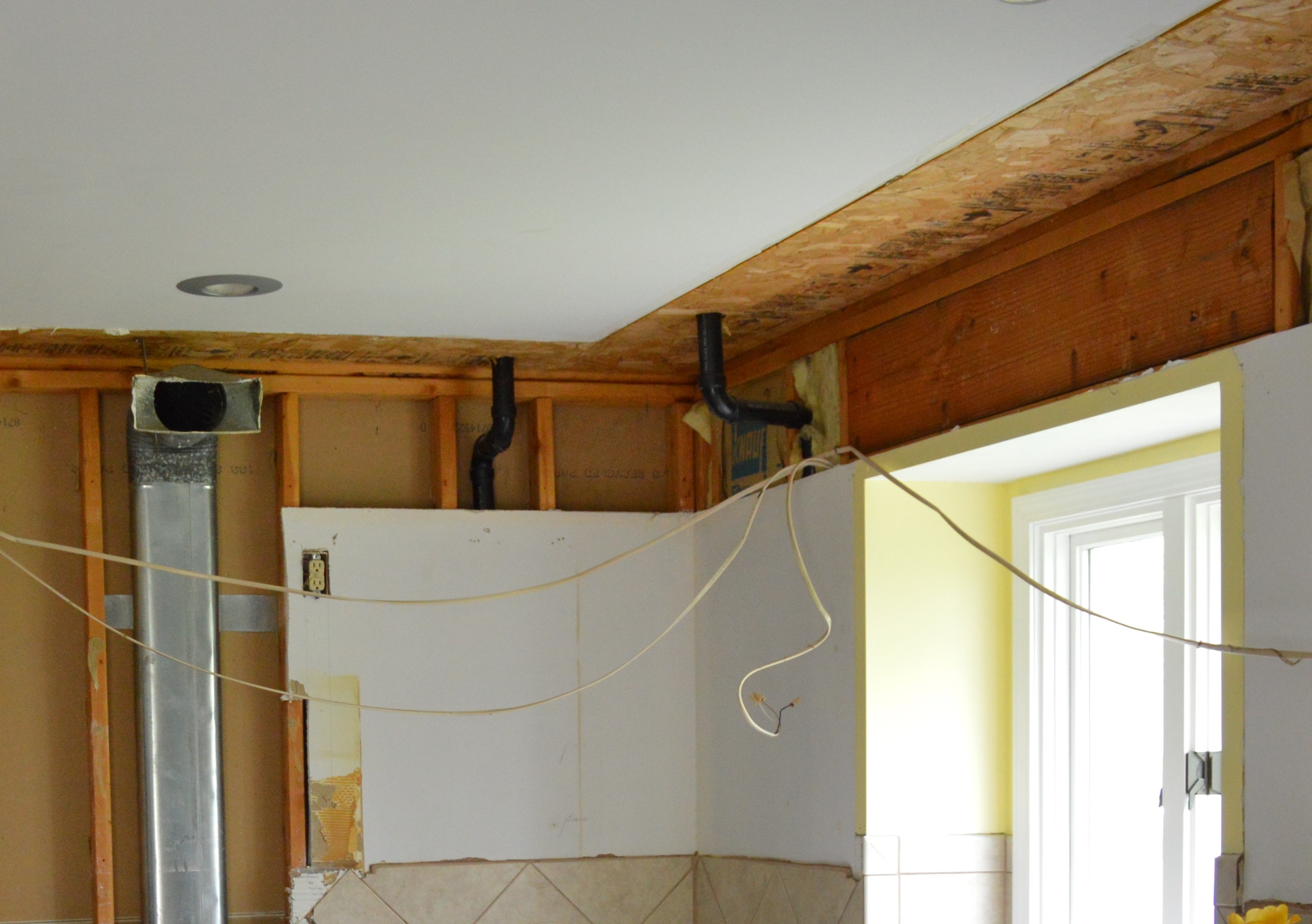


/how-to-install-a-sink-drain-2718789-hero-b5b99f72b5a24bb2ae8364e60539cece.jpg)
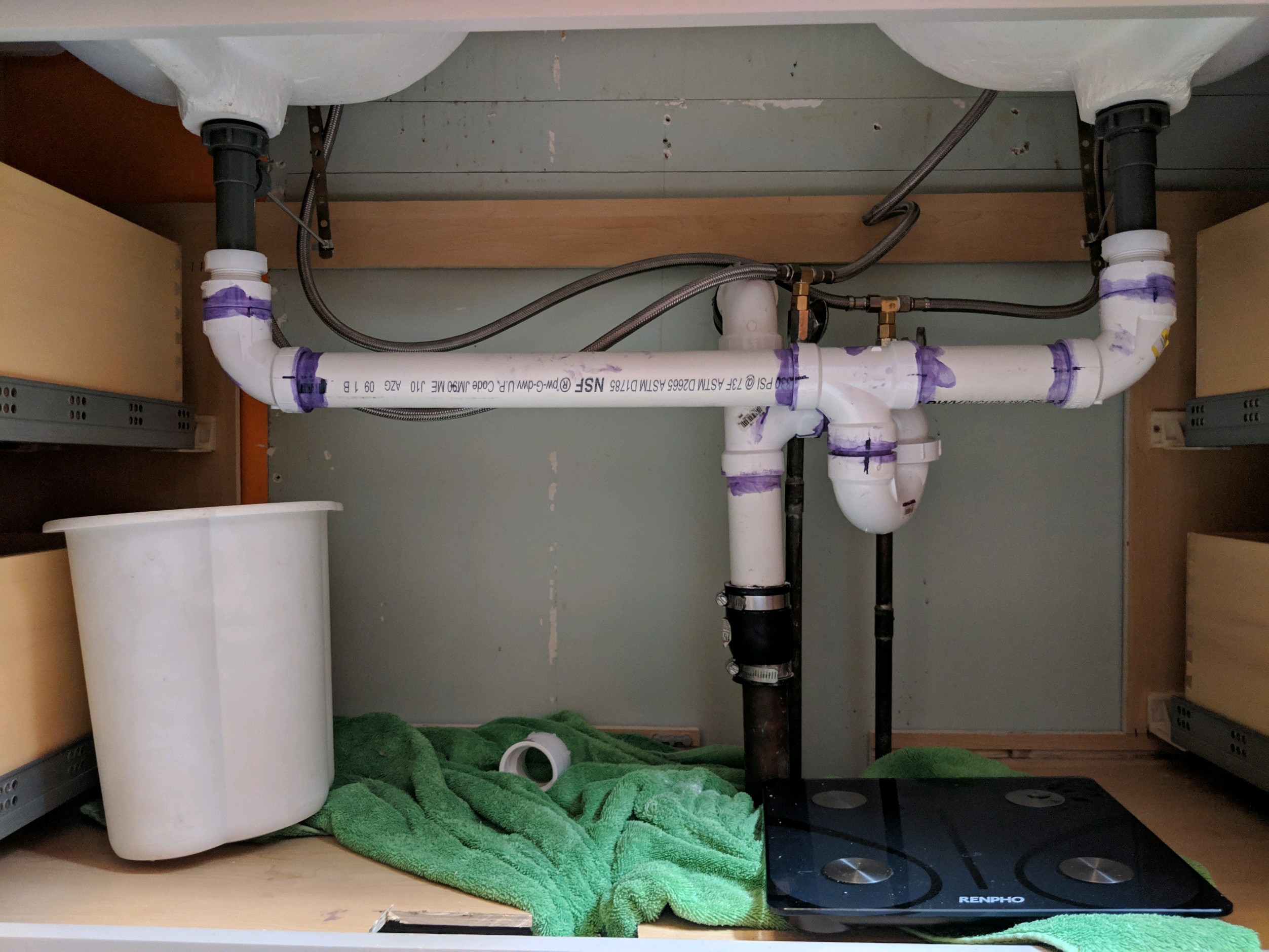

/sink-vent-installing-an-auto-vent-2718828-05-ca0dcb2915be457b9693ccd2655e6c21.jpg)



